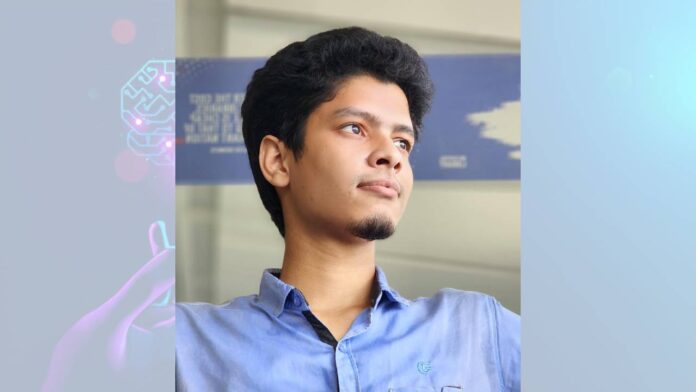Md Golam Sharoar Saymum:
The education system in Bangladesh has long been plagued by various challenges, including lack of access, poor infrastructure, inadequate funding, and outdated teaching methods. Despite efforts to improve the system, many students continue to struggle with their studies and fall behind their peers in other countries.
However, the advent of artificial intelligence and machine learning has the potential to transform the way education is delivered in Bangladesh. One such technology that is revolutionizing the education sector worldwide is ChatGPT, an AI-powered chatbot that can provide personalized learning experiences to students.
ChatGPT is an advanced language model that can understand and respond to human language in a natural way. It has been trained on vast amounts of data from various sources, including books, articles, and websites. The chatbot uses this data to answer questions, provide explanations, and even generate new content.
In the context of education, ChatGPT can act as a virtual tutor, helping students with their homework, assignments, and exam preparation. It can provide explanations for difficult concepts, offer examples and practice exercises, and even give feedback on students’ work. Moreover, ChatGPT can adapt to each student’s learning style and pace, providing a personalized experience that is tailored to their needs and preferences.
One of the key benefits of ChatGPT is its accessibility. The chatbot can be accessed through a variety of platforms, including mobile apps, websites, and messaging services. This means that students can get help anytime, anywhere, without the need for a physical tutor or classroom. In a country like Bangladesh, where many students do not have access to quality education due to geographic or economic barriers, ChatGPT can be a game-changer.
Another advantage of ChatGPT is its scalability. The chatbot can handle a large volume of queries simultaneously, making it possible to serve thousands of students at once. This can help alleviate the burden on teachers, who often have to deal with overcrowded classrooms and limited resources. By delegating some of the teaching tasks to ChatGPT, teachers can focus on more complex and engaging aspects of education, such as discussion, debate, and project-based learning.
Of course, ChatGPT is not a panacea for all the challenges facing the education system in Bangladesh. There are still issues that need to be addressed, such as teacher training, curriculum development, and assessment methods. However, by incorporating AI-powered tools like ChatGPT into the education system, Bangladesh can take a significant step forward in providing quality education to all its citizens.
In conclusion, ChatGPT is a powerful tool that can transform the way education is delivered in Bangladesh. By providing personalized, accessible, and scalable learning experiences, ChatGPT can help bridge the gap between students and teachers, and unlock the full potential of the education system. It is time for Bangladesh to embrace this revolution and leverage the power of AI for the benefit of its people.
Md Golam Sharoar Saymum, Student of Daffodil International University, Department of Computer, Science and Engineering. He can be reached by email: [email protected]
































